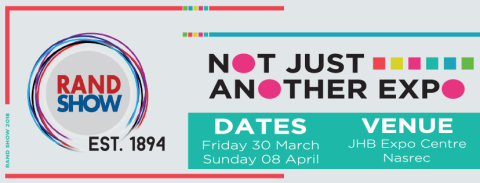Five Reasons to Let Your Event Management Software Company Build Your Event Website

In the old days, your event management software sat on one side of the “house” and your website sat on the other. The event management application came from one supplier. Websites, on the other hand, were built by a third-party website development company. It’s different today. One company and one platform can manage both sides of the house and make it so much easier for event planners.
1. Data synchronization. One of the obvious advantages of keeping everything “under one roof” is the automatic synchronization of data. In other words, when updates—new exhibitors, conference agenda changes, etc.—are made in the event management databases, they automatically appear on the website.
2. Application synchronization. One of the disadvantages of using different software solutions (apps) for event management tasks becomes apparent during updates of the different platforms. An update in one can cause the others to be temporarily incompatible. When you use a common platform, a platform-side upgrade updates all modules at the same time.
3. Brand continuity. Even with a style guide (logos and colors), it’s difficult for event organizers to control the way in which the brand is expressed on pages linked to the website and powered by third-party software vendors. With a common platform, web visitors can go from page to page and have the same brand experience.
4. Single vendor. Building your website on the same platform that houses your event management solutions offers a number of practical advantages: familiarity with how the platform operates (there will likely be a common set of administrative controls for all modules), one team to work with when setting the system up or adding to it, and one company to deliver training, technical support and maintenance.
5. Platform vs. application. Working in a platform environment is much different than working with multiple standalone applications. Applications are limited to a single purpose and may or may not function well with other apps. Platforms can house multiple applications and because they share a foundation, the apps work together.
All of the convenience of a single platform for your website and event management applications becomes irrelevant if you select a platform that doesn’t offer everything you need, the company is slow with updates, or the technical support is weak. When you consider a single platform, make sure you go with a company that delivers a comprehensive set of offerings, good technical support, and a reputation for innovation.


Add new comment